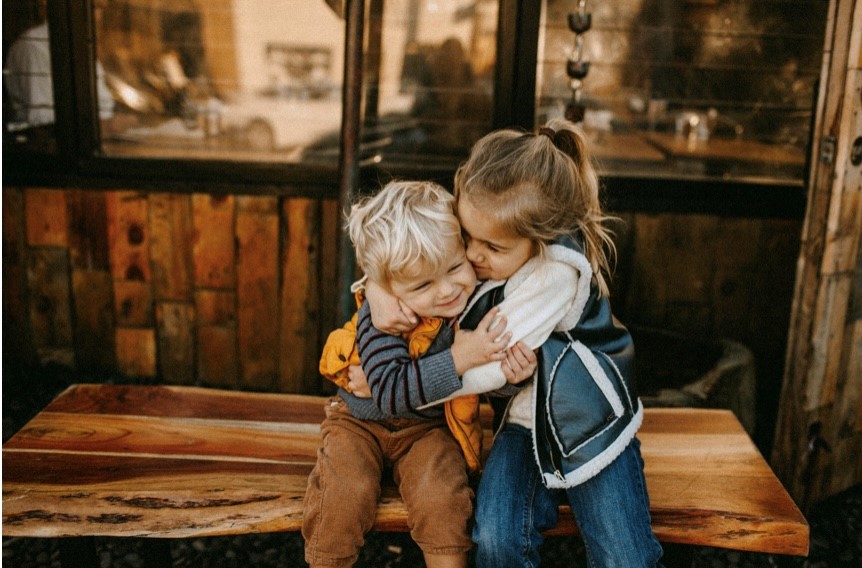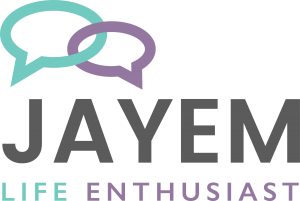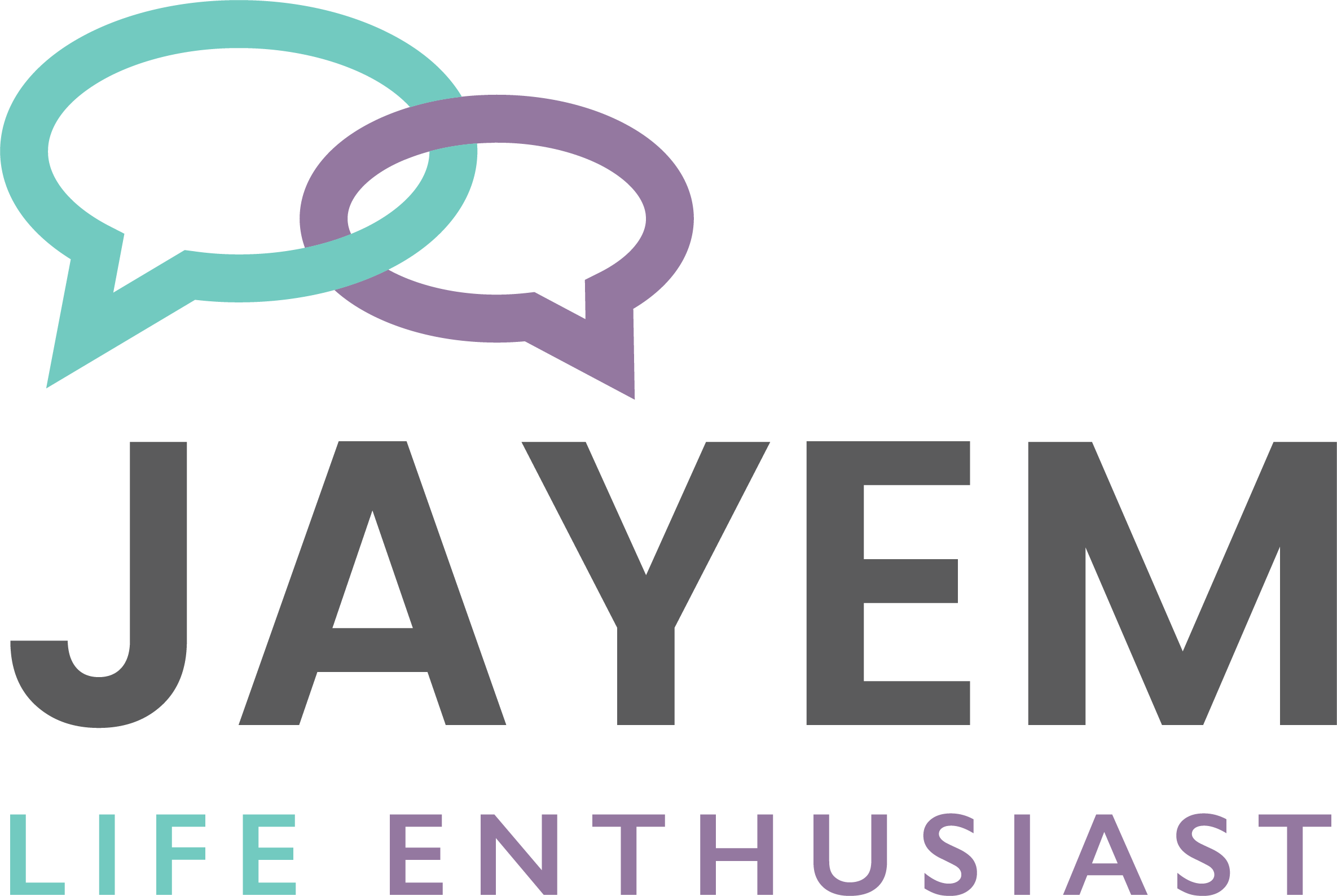
27 Jan Support
HELLO FRIENDS!
At my Dad’s “Celebration of Life” service 14 years ago this September I don’t remember much. As you can imagine it was a stressful time. But what I can remember with crystal clear clarity is that the Minister said something to the effect of “Thank you all for being here for the family. They need your support today. But please don’t forget them a week, a month, or a year from now when they will still need your support, probably even more than they do today.” Cancer support, and I would guess, support of anyone going through something life changing, is like that, it isn’t a one and done.
One of the most consistent topics I am asked to speak about in regard to cancer is that very thing…support. I hear questions such us, “How can I support someone going through treatments? or “How can I support someone who just got a diagnosis?” or “What can I do to help?” So many people who are desperate to create a safe place for their family member or friend to land during a rocky time. It truly warms my heart.
I will share my tips around this very important topic but please know I am not an expert or a professional, these are my own personal tips that have worked for me. Everyone is different, which is a good starting point for this topic…
- One Size Does Not Fit All:
Even if someone is diagnosed with the exact same cancer, their treatment plans could be different, how they react to their treatment can be different, heck even how they react to having cancer can be VERY different. All to say, the support people want to receive will depend on the person. I think my biggest tip in this area is, ASK.
It sounds so simple, but I know that can be the most daunting part of it all. You don’t want to upset someone or load them up even more (“great now I have to tell YOU what I need when I don’t even know myself!”) But I think creating an open dialogue with the permission to not have to respond by a certain timeline is the right approach. It may take some time to get into a groove but that’s okay. Some suggestions that I have used on friends going through something or that I have appreciated being used on me during my cancer journey:
“Let me know what you need.”
“I am here when you need me.”
“Just checking in, no need to respond if you aren’t up to it, just want you to know I am here.”
“I am going for groceries; do you need anything?”
You also want to respect their space, so sending notes each and every day may not be the right approach as that will only add to their pressure of responding.
Personally how I wanted support for each of my cancer journeys has been very different. My first cancer journey, I told very few people, and didn’t ask for help. It was a very stressful and lonely time. I just wanted to go back to normal so after my surgery I rushed back to work while I did radiation. It was the right move for me at the time, but I now realize I probably needed to take a moment to recognize my life would never be normal again and to take some time to adjust to my new normal.
Since I had 5 years between my cancer journeys, along with some much-needed therapy in-between, I learned the importance of opening up, not only for me, but for others.
This go round I still didn’t tell a lot of people (most didn’t know until I posted after my chemo was done, 7 months into my recurrence journey and to be honest I felt I HAD to share with more people than I would have normally shared with as physically I looked so different, I knew people would “know” when they saw me. By me sharing on my own time, my own way, I was able to take some control back.)
But what I did do differently this time is that I let a small group of my closest in on my journey as I went through it. It was hard because I was so scared but saying to them “please, let’s talk about anything but cancer” helped them understand what I needed. As time went on, I felt more and more comfortable to “talk” about what I was going through with cancer, and they were there when I was ready which I am so grateful for.
- Remember the “golden rule is NOT “treat others the way YOU would want to be treated” it is actually “treat others the way THEY would want to be treated.”
This goes back to my first point, not everyone wants to the same treatment. Some people don’t want to talk about it. Some people only want to talk about it. Some people want to pretend it isn’t happening. There are so many versions of how people need support. It is so easy to fall innocently into, “well this is what I would like so I am going to do it this way.” Your heart is in the right place of course but we all know about “intention versus impact” right?
Let me give you a personal example. It may sound strange given what I do for a living and how I am now blogging about my journey, but in reality, I am a very private person. (I am waaaay out of my comfort zone with all this personal sharing, and that isn’t a bad thing 
During the pandemic, people were doing all kinds of amazing things for people for their birthdays, graduations, and yes, even the end of a treatment cycle. I remember VERY clearly saying to my Mom, more than once, PLEASE whatever you do, DO NOT do one of those drive-by horn-honking things for me. PLEASE! Now please know this is no judgment for those who love or do those drive-by horn-honking things. I think they are fab, and I have been a participant in a few! For me personally, that is not something I would enjoy. When I was ready, I made my announcement about my cancer recurrence, the end of treatment, and this blog on my private Instagram/FB account. That was a comfortable space for me. Yet social may be someone else’s nightmare! See what I am saying?!! It all depends on the person!
All to say to tie back to our first point, one size does not fit all so make sure whatever you are offering in terms of support it is what the person you are supporting would like, not you.
- It’s not you, it’s me:
This is a tough topic that might require further blog posts. Sometimes, even though a friend or a family member is going through a rough time such as cancer, you are not able to offer the support they need. There are lots of reasons why maybe you are going through something yourself or something in what the person is going through is a trigger for you. There are many reasons.
I will say as someone on the receiving end of people trying to support them, I have been let down. A lot. I am not someone who likes to ask for help, so part of that is on me. But I am also someone who is always there for those I love, so it can be hurtful not to receive that same treatment back. On the flip side, you do quickly realize who “your people” are and that is a pretty cool thing. It is not quantity my friends it is QUALITY!
Going back to what I said the minister said at my Dad’s “Celebration of Life” I find a lot of people are in it for the original news and then they fade away. OR treatment is done, they are happy for you of course, but in their mind, you are also done with cancer so it’s over! (Cue the drive-by honky-thing!) One thing that is important to know, you are NEVER done with cancer.
My biggest recommendation here is if you aren’t able to support someone in the way they need to be supported, be honest. Everyone has things they are going through, and I think it is best to be upfront than just fade away from the relationship.
- Resources:
There are a lot of great resources for a person going through cancer as well as the caregiver or those giving support. Gilda’s is a personal favourite of mine. I have been a member for 6 years and one of the main reasons I joined is that my caregiver (my Mom) could become a member too. Being a caregiver or supporting someone with cancer isn’t easy, so make sure you are taking care of yourself as well:
https://gildasclubsimcoemuskoka.org/
https://www.cancer.ca/en/?region=on
We will all make mistakes, as someone supporting and as someone receiving the support, that is okay. At least we are trying. At the end of the day as long as you are doing your best to give support to the person going through cancer, that is enough.
I would be remiss about talking about support of any kind without mentioning that tomorrow (January 28, 2021) is Bell Let’s Talk Day. For those unfamiliar with the initiative, I encourage you to learn more about it and check out how you can support it, especially tomorrow: https://letstalk.bell.ca/en/bell-lets-talk-day
Mental Health support is a critical part of a cancer patient’s health journey. It is also an important part of the caregiver or person giving support journey too. As much as you want to “be there” for your friend or family member you need to ensure you are taking care of your own needs too. It’s like they say in an airplane (remember airplanes?!) in case of an emergency you need to secure your own oxygen mask BEFORE you help someone else with theirs.
I hope that gives you a bit of insight into helping support someone with cancer. There are lots of tactical suggestions: drive them to appointments, get them a cleaning service, help with groceries, their kids, their animals, drop off care packages, the list is endless! But honestly some of the best things my supporters have given to me: a shoulder to cry on, people to laugh with, and being there to listen. Support is simple and powerful.
If you have a question or comment about this blog post don’t forget to drop it into my “Support” post on Instagram @JAYEMBarrie or send me a DM, I am happy to help.
"LIFE is Bigger Than Cancer"
Canadian Cancer Society
Sending you healthy and hopeful vibes always!
– Jenn




